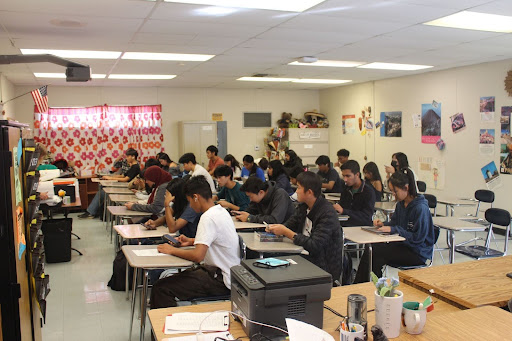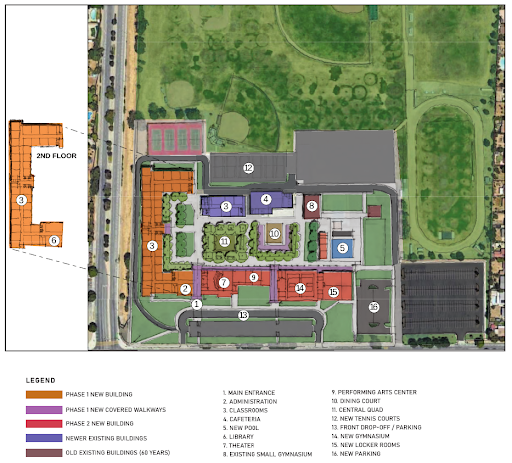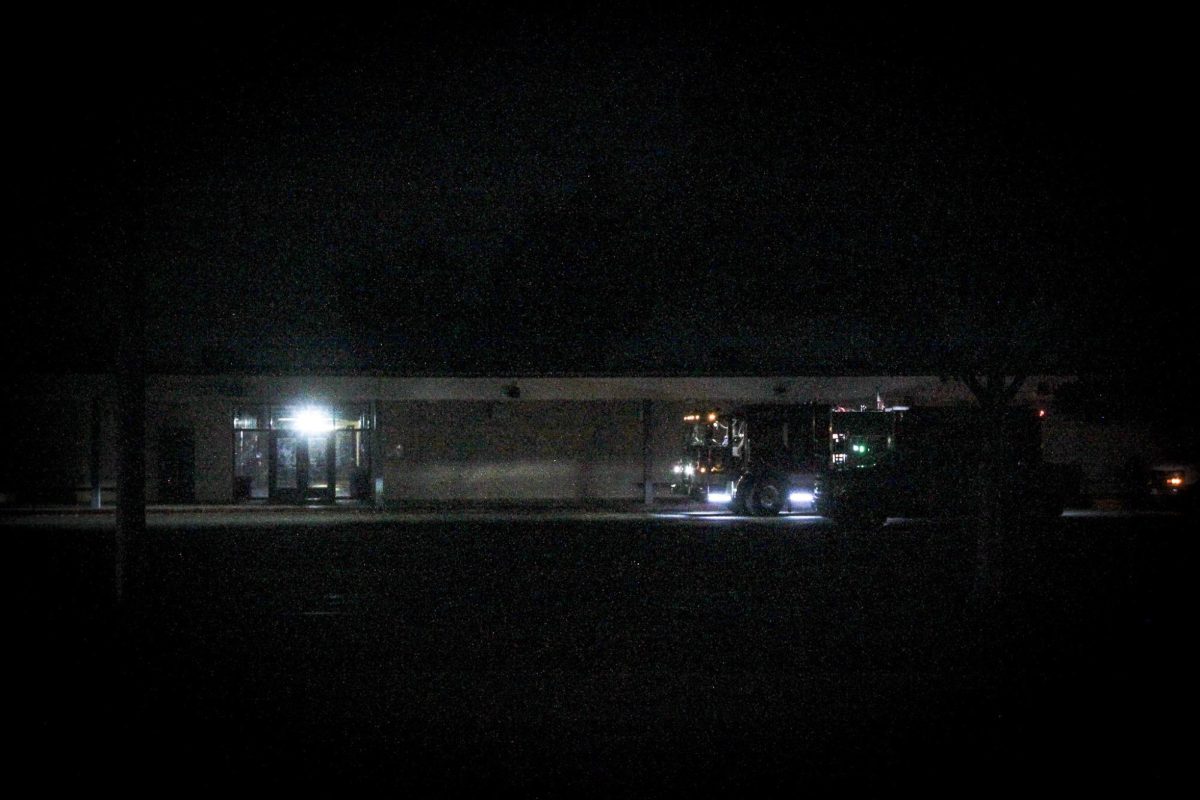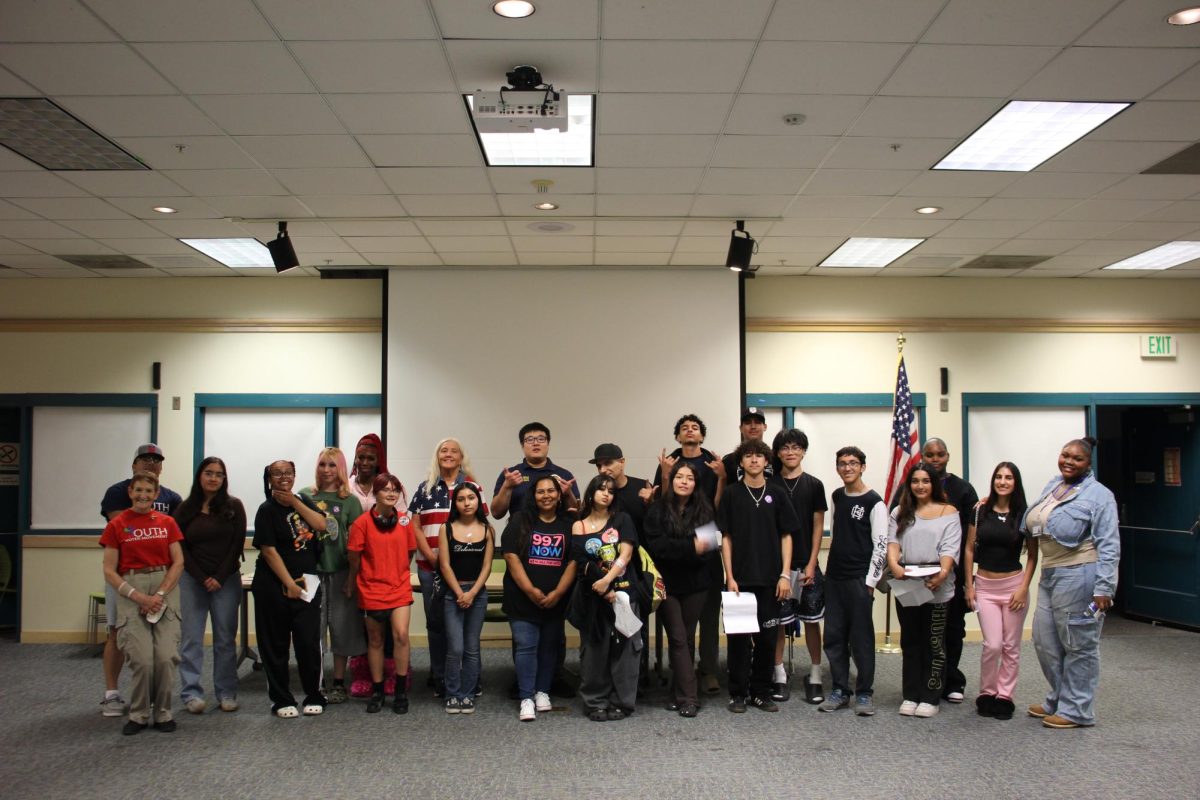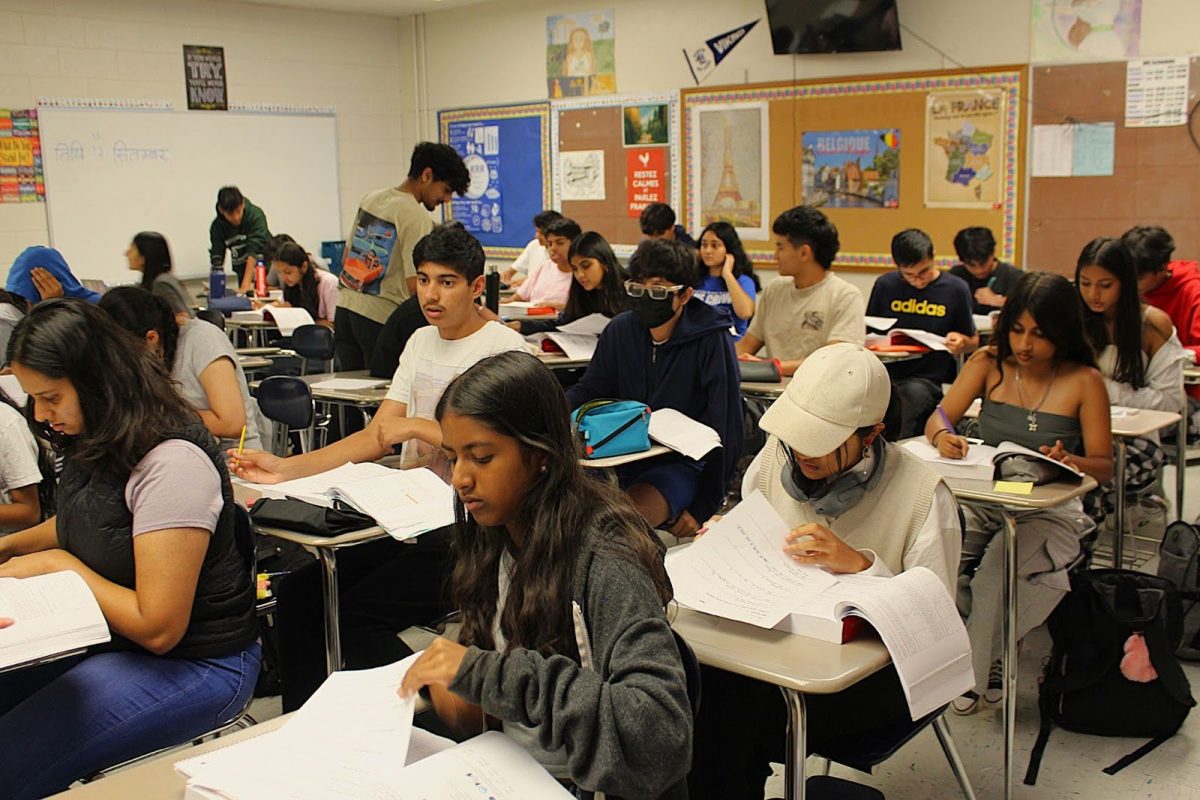Warren Keller Nominated for Raiders High School Coach of the Year Award
January 29, 2017
Warren Keller, California School for the Deaf Athletic Director and Varsity Football coach, was recently nominated for the Don Shula NFL High School Coach of the Year Award by the Oakland raiders early 2017. Keller’s dedication to his students and his community clearly shows that physical disabilities are no barrier for outstanding athletes.
The California School for the Deaf in Fremont is the sole deaf-only school in all of Northern California, and students fly in from all over the state. Keller mentioned that most come from hearing schools where the entire community consists of basically one or two interpreters and yourself. Here at Fremont’s school, when a student enters our K-12 program, they plunge into a world of more than 400 signs, an entire staff that signs, and an entire student body that signs.
“Here, kids have full access of community. From kindergarten to elementary school and so forth, the students are together all day long because this is a residence school,” said Keller. “The communication never stops, and they never stop learning.”
Keller himself was a highly active athlete growing up despite going to a hearing school. He played a myriad of sports from baseball and softball to wrestling, football, and basketball.
Most would assume that deafness would hinder an athlete’s success in sports. However, the School for the deaf’s recent sports track records prove the opposite. From 2015 to 2016, the School for the Deaf’s football record improved from 5-5 to 11-2, with the former number indicating the number of wins. Football, including many of the school’s other sports teams, commonly travel across the country to compete against both hearing and deaf schools. In addition, through ESPN’s 2015 documentary on the team, “Silent Night Lights”, one can clearly see that this team is a well-oiled machine, sometimes, even more so than hearing teams.
Keller believes that being deaf makes students work even harder toward their athletic goals to improve their performance and be competitive.
“When we go to other states to compete,” said Keller. “I think [the athletes] are starting to understand that we are good and competitive, and it’s great that after competing with us that they are starting to understand what the deaf in athletic can do for them in their states.”





